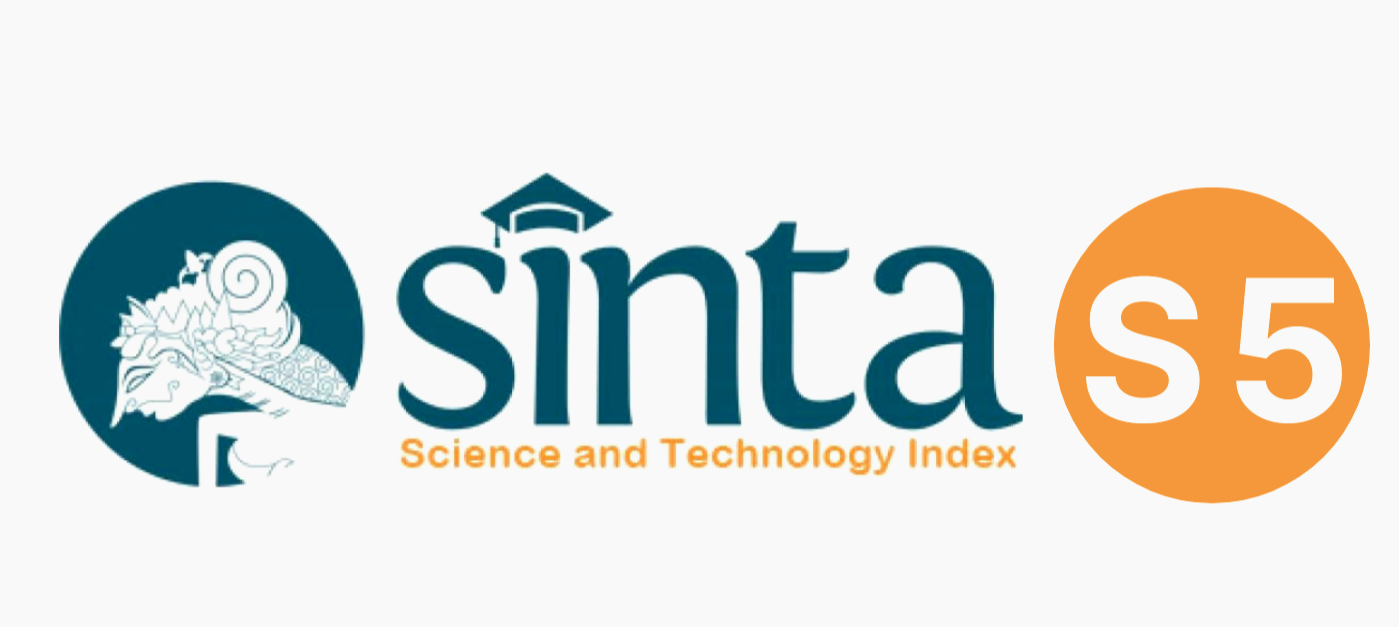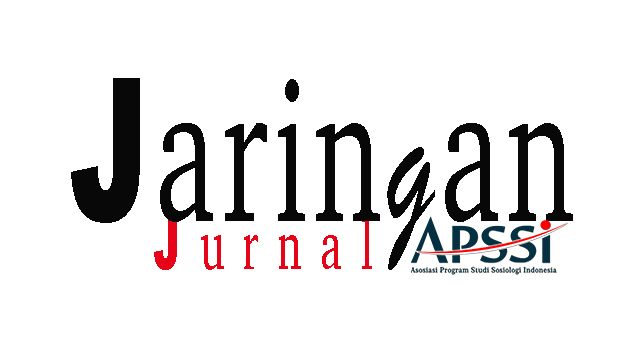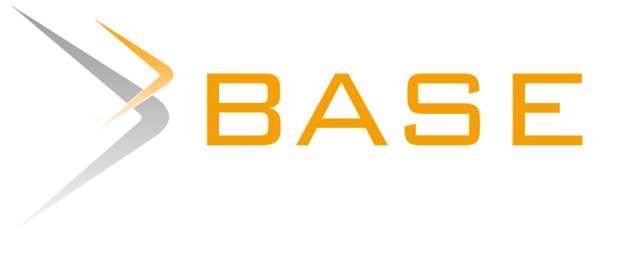Pengaruh Umur Pertama Melahirkan, Pemeriksaan Kehamilan, Penolong Persalinan Terhadap Komplikasi Persalinan di Sumatera Selatan (SDKI 2012)
 Abstract: 206
/
Abstract: 206
/  Abstract: 101
Abstract: 101
DOI:
https://doi.org/10.47753/je.v2i1.36Keywords:
Complications of labor, Age First Maternity, Inspection Pregnancy And Childbirth Helper.Abstract
Maternal Mortality Rate (MMR) in Indonesia is quite high, at 359 per 100,000 live births (IDHS 2012). AKI is an indicator of the health of mothers, especially the risk of death for pregnant women and childbirth and post-partum. Most maternal deaths occur Complications in labor and post-partum period is a direct cause of maternal deaths. The purpose of this research was to determine the effect of age at first childbirth, pregnancy tests and birth attendants to complications of childbirth in South Sumatra province. This study is an analysis of studies using secondary data obtained from Indonesia Demographic and Health Survey 2012. The study design used is cross sectional with a sample of 299 mother's age at first birth. Analysis was performed using univariate, bivariate, and multivariate logistic regression. The results of this study variables together influential variable although birth attendants did not significantly affect the incidence of complications of childbirth. From the results of analysis show that the dominant factor that influence the incidence of low birth complications age at first childbirth and pregnancy testing.ÂReferences
Armagustini., Yetti. 2010. Determinan Kejadian Komplikasi Persalinan di Indonesia (Analisis Data Sekunder Survei Demografi dan Kesehatan Indonesia Tahun 2007. Tesis Fakultas Kesehatan Masyarakat Program pascasarjana Kekhususan kesehatan Reproduksi. Depok.
Departemen Kesehatan RI., (2013), Sistem Kesehatan Nasinal. Jakarta
Diana., dkk. 2012. Analisis Faktor-Faktor Yang Berhubungan Dengan Komplikasi Obstetri Ibu dan Bayi di Kecamatan Parongpong Kabupaten Bandung Barat. Pascasarjana Ilmu Kesehatan Masyarakat Universitas Padjadjaran.
Djaja., Sarimawar. dan Suwandono, Agus., 2006. The Determinants of Maternal Morbidity in Indonesia. Regional Health Forum WHO South-East Asia Region Volume 4, WHO.
,2009. Rencana Strategi Nasional Making Prenancy Safer di Indonesia 2009. Jakarta : Depkes RI
Goodburn., E., Chowdhury, M., Gazi, R., Marshall, T., Graham, W., 2000. Training Traditional Birth Attendants In Clean Delivery Does Not Prevent Postpartum Infection. Oxford Policy and Planning 15(4), p.394-399. Oxford University Press.
Kayombo., J. Edmund. 2013. Impact of Training traditional birth attendants on maternal mortality and morbidity in Sub- Saharan African countries. Tanzania Journal of Health Research. Volume 15, Number 2, April 2013.
Felly., S. P. dan Silistyowati, Ning. 2004. Mengenai Faktor-Faktor Yang Berhubungan Dengan Komplikasi Persalinan Tiga Tahun Teraakhir di Indonesia (Analisis Lanjut SKRT-Sakernas 2001). Puslitbang Ekologi Kesehatan. Badan Litbangkes.
Simarmata., O. S. Armagustini., Yetti. Bisara., Dina. 2012. Determinan Kejadian Komplikasi Persalinan di Indonesia (Analisis Data Sekunder Survei Demografi dan Kesehatan Indonesia Tahun 2007). Jurnal Ekologi Kesehatan. Vol. 11. No. 1. Tahun 2012.
Survei Demografi Kesehatan Indonesia. 2012. Daftar Pertanyaan Wanita. BPS. Jakarta.
Tuladhar., Heera, MD, Dr. Dhakal. 2011. Impact of Antenatal Care on Maternal and Perinatal utcome: A Study at Nepal Medical College Teaching Hospital. Department of Obstetrics and Gynaecology. KIST Medical College Teaching Hospital, Imadole.
WHO., 2011. Make Every Mother And Child Count. The World Health Report, World Health Organization, Geneva.
Yenita., Sri. 2011. Tesis Faktor Determinan Pemilihan Tenaga Penolong Persalainan di Wilayah Kerja Puskesmas Desa Baru Kabupaten Pasaman Barat Tahun 2011. Program pasca Sarjana Universitas Andalas Padang.
Yasmin., Gazala. Dkk. 2014. Teenage Pregnancy - Its Impact on Maternal and Fetal Outcome. International Journal of Scientific Study. March 2014. Vol 1. Issue 6.
https://keperawatanumi2011.wordpress.com/2013/06/03/komplikasi.persalinan/Perawat Muslim Indonesia. Diakses dan ditulis pada tanggal 15-maret-2015.
Downloads
Published
Issue
Section
License
Articles published in Jurnal Empirika are licensed under the International License of Creative Commons Allowance-ShareAlike 4.0. The author is free to use any media to copy, change, or redistribute the paper, provided the author gives credit to the original author and this journal, links to the license, shows if modifications have been made, and redistributes it in the same permission. The author grants the right to any third party to use their posts following the Creative Commons Attribution-Share Alike International 4.0.











